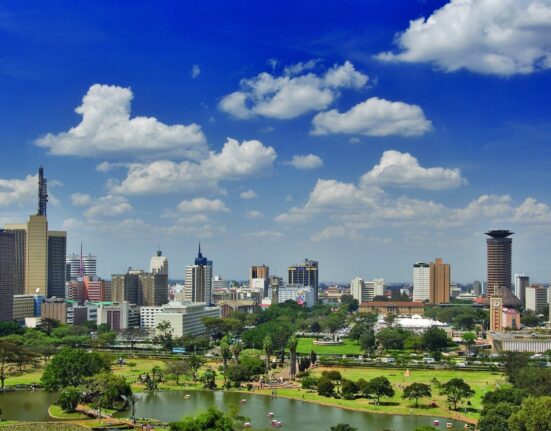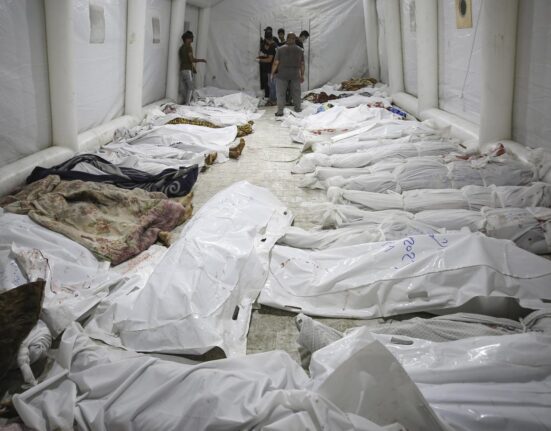South African President Cyril Ramaphosa finds himself at the center of a brewing trade dispute with the United States. The recent decision by President Donald Trump to impose a sweeping 30% tariff on South African exports has sparked tensions between the two nations.
In a move that caught many by surprise, Trump singled out South Africa for these hefty tariffs, accusing the country of unfair trade practices and contributing to trade deficits. The tariffs are set to come into effect on August 1, affecting all South African goods entering the American market.
Ramaphosa wasted no time in condemning the unilateral nature of these tariffs, calling them “misrepresentative
” of the true trade dynamics between the two countries. He firmly rejected Trump’s accusations and emphasized that the trade relationship is more balanced than portrayed by Washington.
“
These tariffs are based on a particular interpretation of our trade balance,” Ramaphosa stated.
“More than half of our imports from the U.S. enter South Africa duty-free, with an average tariff of just 7.6% on other goods.”
The implications of these tariffs are significant for South Africa, particularly impacting key sectors such as automotive and agriculture that have traditionally enjoyed favorable access to the U.S. market through previous agreements. With America being one of its top trading partners, this move could have far-reaching consequences for South Africa’s economy.
Despite efforts by Ramaphosa to mend relations with Trump earlier this year, including direct talks in May, tensions have continued to escalate. The suspension of aid to South Africa by Trump over alleged discrimination against white minorities further strained diplomatic ties between the two nations.
While acknowledging the potential economic impact of these tariffs, experts point out that they also reflect broader geopolitical shifts in global trade dynamics. As countries like South Africa seek favorable terms with major powers like the U.S., negotiations become increasingly complex and sensitive.
“Trump’s decision signals a worrisome trend in international relations where economic disputes can quickly escalate into full-blown conflicts,”
commented Dr. Sarah Johnson, an expert in international economics.
“It underscores the need for robust diplomatic efforts to prevent further damage to bilateral relationships.”
The looming deadline for these tariffs has put pressure on both sides to find common ground before irreparable harm is done to their economic ties. While Trump has left room for negotiation, it remains uncertain whether a resolution can be reached before August 1.
As stakeholders closely monitor developments between Washington and Pretoria, all eyes are on how President Ramaphosa will navigate this challenging terrain while safeguarding his country’s economic interests amid mounting uncertainties in global trade policies.









Leave feedback about this